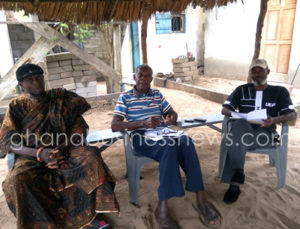

In 2015 the Ghana government, the Ghana National Petroleum Corporation, the state-owned oil company signed a petroleum agreement with an oil company known as Swiss African Oil Company and its local subsidiary, Pet Volta Investments Ltd., but the contract in its current form is bad for business for local people and shows that the Ghana government hasn’t learned from earlier oil contracts that left the country and local people short-changed.
The details of the contract have not been fully disclosed to the local people whose way of life and livelihood would be severely altered when exploration and eventually production of oil in the area begins.
“We told the people that we were going to organize a demonstration and they gave us their support because they were surprised. Some of them are aware that, this exploration was done some years back and the quantity of oil discovered is not worth spending on and lacks economic value,” says Solomon Kwawukume, the Executive Director of Centre for Natural Resources and Environmental Management, who is also a citizen of the area.
Gideon Agbodzi, a farmer expresses his frustration: “You see the Keta basin is a Ramsar site and moreover the area has a population over 600,000. In fact it is our only source of livelihood here. For over 500 years now. So we think that the oil exploration exercise will be detrimental to the environment, and we the inhabitants will be displayed and lose our sources of livelihood.”
He adds: “We don’t have factories here, so this is our factory, and we fish in the lagoon and cultivate the small land that we have here, so if it’s job for the people then the lagoon should be dredged. It is better the lagoon is dredged – that will be the best job for the people. Aquaculture will be the best job for the people and we will continue to live here. The oil will get finished. If the oil gets finished, then what next?” He asked.
The local people have gone to court seeking to stop the activities. When asked what they would do if the court rules that the exploration and eventual production should go on, Agbodzi retorted, “Over our dead bodies.”
From what ghanabusinessnews.com found during investigations the tension and apprehension among the local people are resulting from what appears like misinformation, the contents of the contract, which we have obtained, shows that the local people were misled to believe that the exploration was only going to be done offshore. The contract says it is both onshore and offshore. If that happens, onshore production in the area would be the first in Ghana – without any history of onshore oil activities to learn from in the country, except the Niger Delta experience in Nigeria, that shouldn’t be repeated anywhere, Ghana would be not have examples of best practices to follow.
“They never told us activities will be onshore. They said everything will be done offshore,” says Kwawukume. He indicated that this was made known to the community at a durbar attended by the former President John Mahama. The Paramount Chief of the Anlo area, some local chiefs and Members of Parliament were also present.
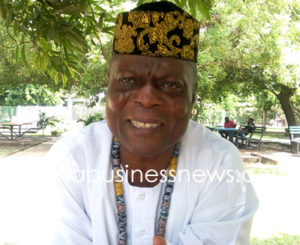
According to Kwawukume, an informant told him details including the size of the land and sea areas the oil activities were going to take place in.
“The agreement was never made public. Someone who feared what was being done wasn’t in the interest of the people shared a copy with me and that when I saw that the activities will be done in 3000sq kilometers. 1200sq kilometers onshore and 1800 offshore from the coastline,” he added. The contract obtained by ghanabusinessnews.com confirms this.
“Even my MP was unwilling to tell me anything about the contract after I have contacted him. Meanwhile, the agreement has been ratified by Parliament,” he said dejectedly.
Misinformation and poor communication on the project within the community which led to growing suspicion among local people – majority of them vegetable farmers and fisher folk, culminated into a protest in Keta in May 2018.
“The Awoamefia of the Anlo state, Togbui Sri III, didn’t know the project was bringing death to his own children. He was told it would bring jobs to the people. If he knew, he wouldn’t have allowed it,” says Torgbi Adaku V, the Dufia of Asarame.When asked if he thought the local people were deliberately deceived by the politicians, Torgbi Adaku said, “I don’t trust politicians, so I can’t say yes or no.”
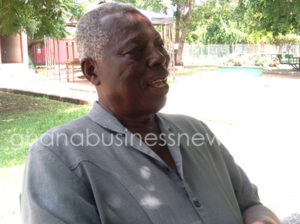
Kwawukume further argues that the ecosystem of the Keta Basin is fragile, “it is a microcosm of the Niger Delta in Nigeria,” he said, pointing out further that oil is very likely to take over the traditional livelihood of the people.
The people of Anlo one of the areas demarcated for the exploration are farmers and fishermen. They depend heavily on the environment for their livelihood.
The local people, ghanabusinessnews.com found, believe that there is even a secret plan to resettle them on some lands away from where their ancestors settled some 600 years ago.
Perry Patamia, a 19-year-old resident of the Anloga thinks there are attempts to move them out of their land. “We will look for arms and fight back, if they try, because this is our home,” he said.
Frank Mikado, another 19-year-old said “what happened in the Niger Delta will happen here. We won’t allow them to take away our land and livelihood.”
“We started hearing rumours that they were coming to explore for oil sometime last year. When they invited us to a stakeholders meeting organized by Friends of the Nation, they gave us lectures on the benefits and not the negatives,” says Roland Tudzi, Chairman of the Vegetable Farmers Association.
“If the exploration and production is going to be offshore, we don’t have problems with that, but onshore will be catastrophic! We as farmers and fishermen will be most affected,” he added.
For fisherman, Ejorna Kpedator, the oil activities will be an existential threat.
“We fishermen resist the oil production, because oil and water do not mix,” he says.
He says as citizens of the area, they are entitled to know the positives and negatives of oil activities so they can decide.
“We are also citizens of Ghana and so if we point out that something is bad for us, the country should listen to us,” he said with a firm lip.
Kpedator also believes that the oil activities under the circumstances have the tendency to instigate militancy in the area.
“We have no other jobs apart from fishing and farming. I am uneducated, what kind of job will the oil sector provide for me?” He asks, adding, “Even our educated children have no education in petroleum science, how will the sector benefit them?”
The stage is set for a long drawn agitation in the areas to be affected by the exploration and eventual oil production, but more importantly, there are more questions about the company in the middle of the deal – Swiss African Petroleum.
The company is of Swiss origin, but with no records of oil exploration or production anywhere in Africa.
But the Member of Parliament for Anlo, Kofi Humado has a contrary view. He told ghanabusinessnews.com that Swiss African doesn’t necessarily need to have experience in onshore oil activities – they could partner other experienced organisations.
“They are free to partner other companies depending on the issues at stake. For example for this exploration, even if the deal is successful, Swiss African cannot do the production. They need to partner companies with the technology to produce the oil without spillage. It is a very fluid and dynamic situation. Looking at the company’s past doesn’t necessary tell you its capacity, because it is an evolving situation. They are always partnering and dispartnering,” he said.
When ghanabusinessnews.com pointed out to the MP that that experience in other countries in onshore production even by very experienced companies ought to serve as a guide in this situation, he said:
“Yeah! You could also say then how did it happen that how did it come about that Western region has given its resources for oil. Central region, Saltpond we have mined oil there for decades, you can also say same about ethnic groups, Ashantis for diamond, gold, timber so it is a very dicey situation. Me as the MP for the area, you have to look at it from both sides of the situation. Yes, we have a genuine cause. The area is very fragile. In terms of its ecosystem and all that, we need to find appropriate ways of drawing government’s attention to this. Not by demonstrations, insulting government or suing government. It doesn’t work. Because by the Constitution, all minerals belong to the government,” he said.
Asked about what will happen to the people when onshore exploration begins, the MP said: “I don’t know who sold this idea to the people. I didn’t hear it from the EPA during the public hearing. I think it is just misinformation. I want us to have another public hearing. The last time I thought people would ask specific questions but they were not asking specific questions. I want them to ask specific questions. For example, what exactly is involved in the exploration? What other activities will the company be involved in? And how the production will impact on the livelihood of the people. They didn’t ask!”
In June 2018 a public hearing was held, but it’s not clear if all issues have been clarified.
Swiss African Petroleum Ltd and Pet Volta Investments
During investigations by ghanabusinessnews.com, we found some interesting things about this company – Swiss African Petroleum is completely unknown in Africa. Started in 2011, its affiliate in Africa called Swiss African Oil Company acquired the Keta Delta onshore block.
Its CEO, Leons Aspelin, who lives in Zurich also heads the local partner in the contract Pet Volta Investments.
Emails sent to Swiss African Petroleum have not been responded to.
The contract has a number of inconsistencies that require public scrutiny.
According to the contract, the Ghana National Petroleum Corporation has 12 per cent carried interest in the contract. It will acquire an additional interest of up to 10 per cent, which is a paying interest. There is however a 90 days ultimatum for the GNPC to state its interest in exercising this right from the point of commercial discovery.
Among other things the contract indicates exploration period of 6.5 years, however, there are some inconsistencies. Article 3.3 is inconsistent with the provisions of Article 3.1a&b. As it stands, completing obligations during the initial exploration period, and subsequently notifying the Minister of same should not be deemed as minister having granted the extension into the first extension period, as the provision seems to suggest.
The contract doesn’t also provide for any coverage for the state if subsequent wells are explored and secretly made commercial.
Due diligence
According to Kwawukume, questions on what due diligence has been done on Swiss African Pertroleum have not been properly answered.
When ghanabusinessnews.com reached out to the Petroleum Commission for answers on what due diligence was done on the company, our calls were not returned.
Considering the rising tensions in the affected communities within the Voltain Basin, oil activities in the area ought to be keenly watched.
By Emmanuel K. Dogbevi
Copyright ©2018 by Creative Imaginations Publicity
All rights reserved. This news item or any portion thereof may not be reproduced or used in any manner whatsoever without the express written permission of the publisher except for the use of brief quotations in reviews.
This investigation was made possible with a bursary from PenplusBytes
The post Keta Delta Block oil contract is bad business for local people appeared first on Ghana Business News.
Read Full Story







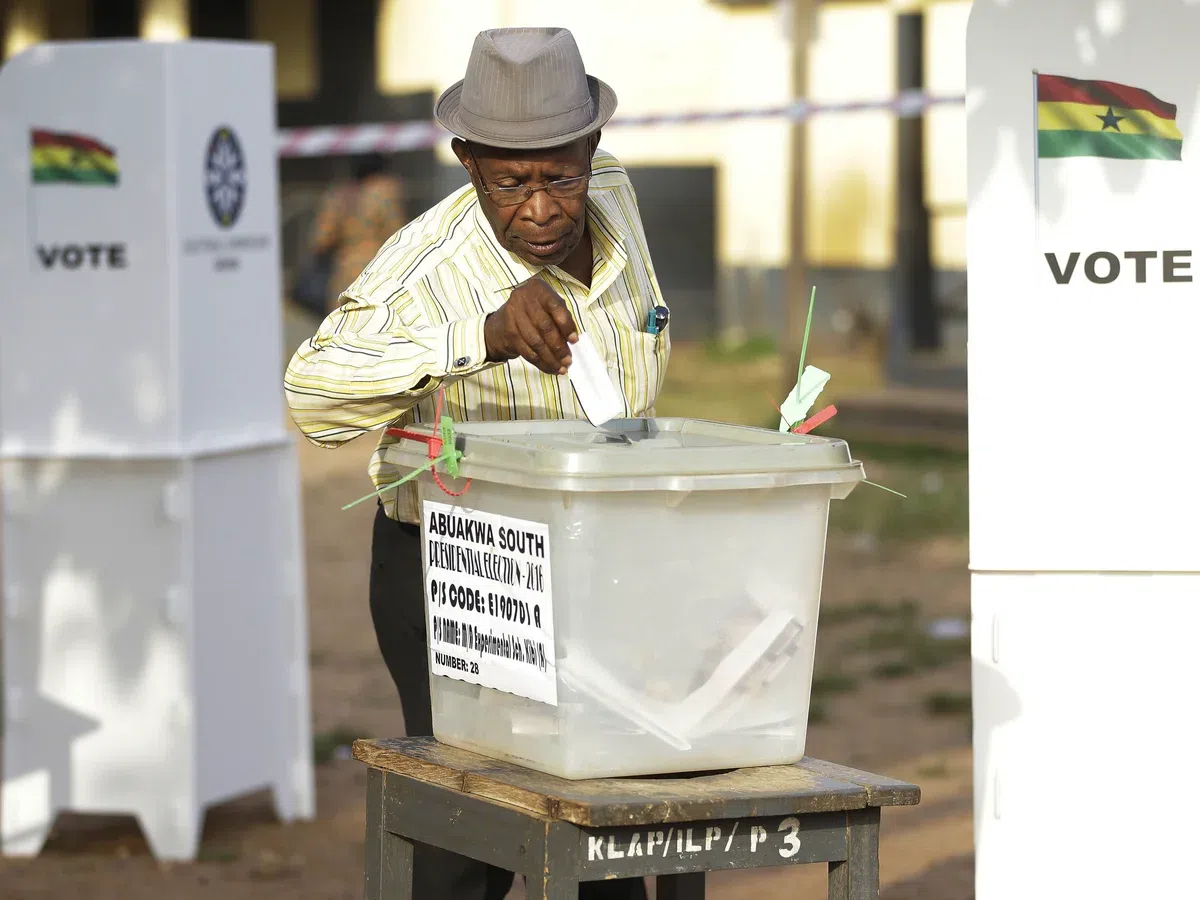
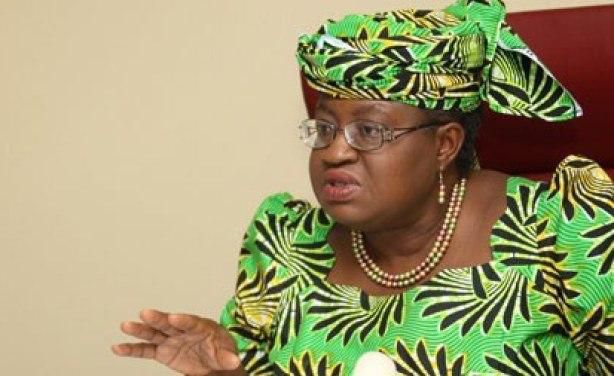

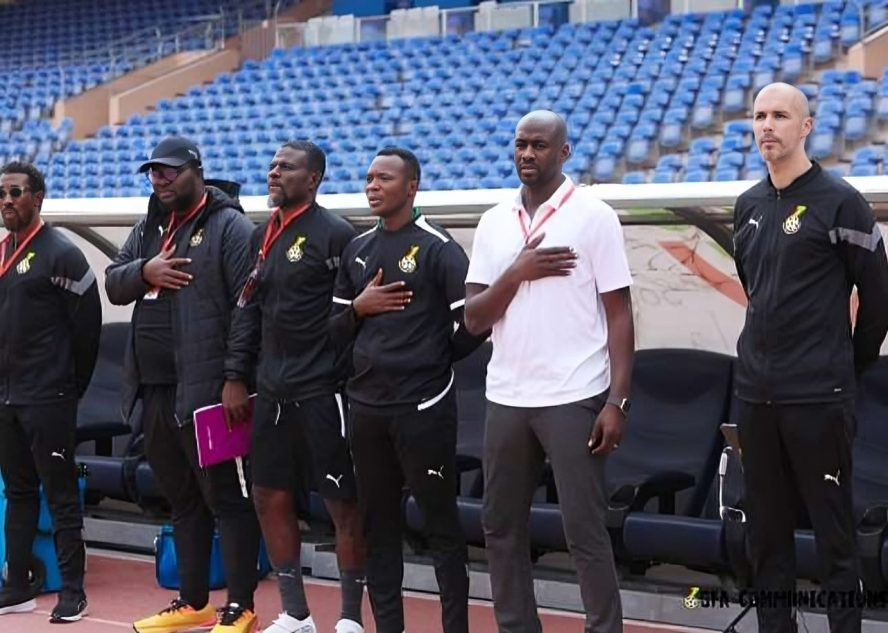


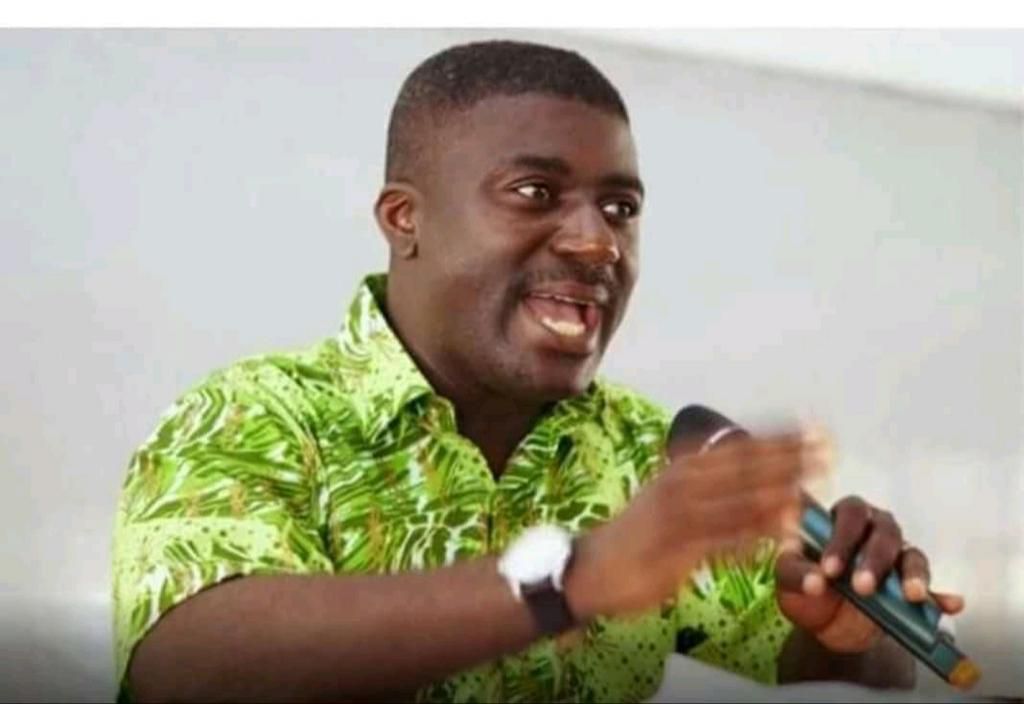
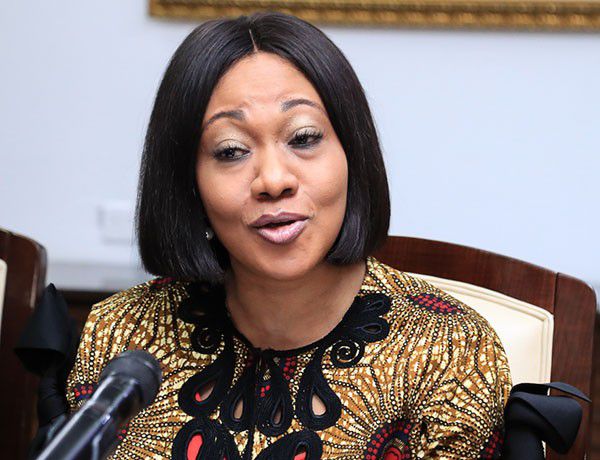







Facebook
Twitter
Pinterest
Instagram
Google+
YouTube
LinkedIn
RSS